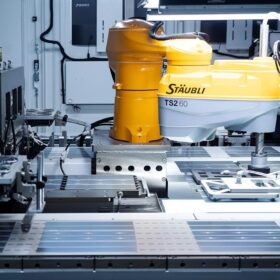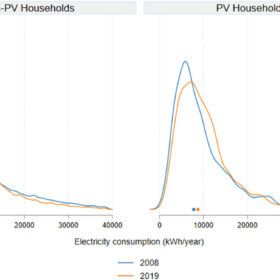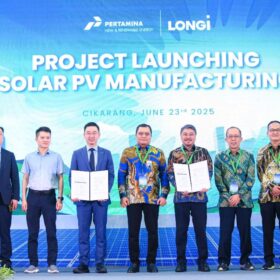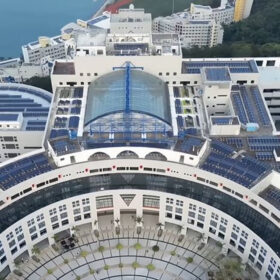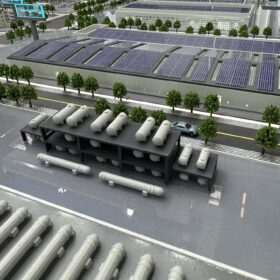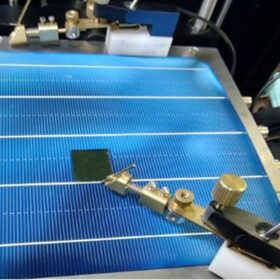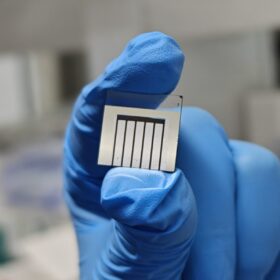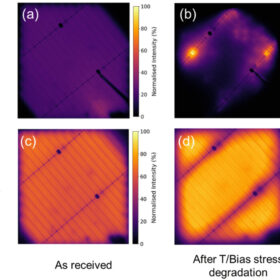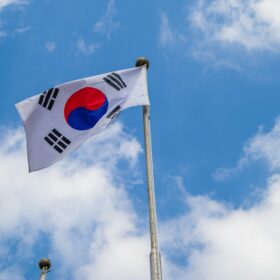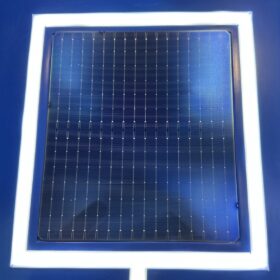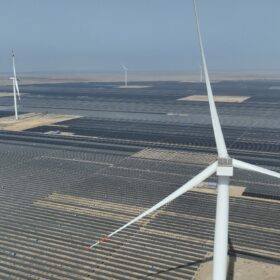Tongwei achieves 91.7% bifaciality factor for 722 W TOPCon solar module
The Chinese manufacturer said the result was confirmed by TÜV Rheinland. It was achieved through a sunken pyramid structure that reportedly achieves selective-texture on the non-electrode area of rear-side and a zebra-crossing passivation contact structure that is said to ensure excellent passivation.
New research confirms residential PV tends to increase household power consumption
New Swiss research shows PV-powered homes can increase power consumption by up to 11% compared to non-solar households. This rise is linked to electric vehicle adoption or other high-usage appliances, which the study’s author notes is not inherently negative or wasteful.
Longi, Pertamina begin work on 1.4 GW solar cell, module factory in Indonesia
Chinese solar manufacturer Longi and Indonesian state-owned energy company Pertamina have started construction on a 1.4 GW solar cell and module production facility in West Java, Indonesia.
Rooftop solar may ‘unintentionally’ exacerbate urban heat
New research from Hong Kong confirms that rooftop PV systems could raise daytime temperatures in urban environments. The scientists explained that although their findings highlight important urban resilience considerations, they should not detract from the broader benefits of PV systems for energy sustainability and carbon reduction.
Green hydrogen remains ‘prohibitively’ expensive in Africa
A European research team has assessed the levelized cost of hydrogen across 31 African countries and has concluded that importing green hydrogen from Africa to European is economically unfeasible by 2030, with prices ranging from $10.2/kg to $3.8/kg.
Indian scientists build 29.14%-efficient tandem solar cell with inverted top perovskite device
The researchers said they optimized the low-bandgap inverted perovskite cells through a passivating aluminum oxide (Al2O3) interlayer deposited via atomic layer deposition (ALD), which significantly helped improve device efficiency.
Perovksite-TOPCon tandem solar cell based on self-assembled monolayer achieves 31.1% efficiency
Researchers in China have fabricated a perovskite-TOPCon solar cell with a top perovskite device utilising a self-assembled monolayer aimed to improved cell stability. The tandem cell achieved a high fill factor and a certified efficiency of 30.9%.
Scientists discover new failure mode in LECO-treated TOPCon solar cells
An international research team has observed a significant increase in series resistance in LECO-treated TOPCon solar cells after temperature and bias treatment. The scientists said they now need to conduct further investigations into its impact on cell efficiency, reliability, and bankability.
South Korea launches 1 GW PV tender
South Korea’s Ministry of Trade, Industry and Energy (MOTIE) has kicked off a tender for 1 GW of solar and 1.25 GW of wind. The ceiling prices for solar contracts stands at KRW 157,307 ($113.6)/MWh.
All solar cell efficiencies at a glance – updated
The research group led by Professor Martin Green has published Version 66 of the solar cell efficiency tables. There are 17 new results reported in the new version.

